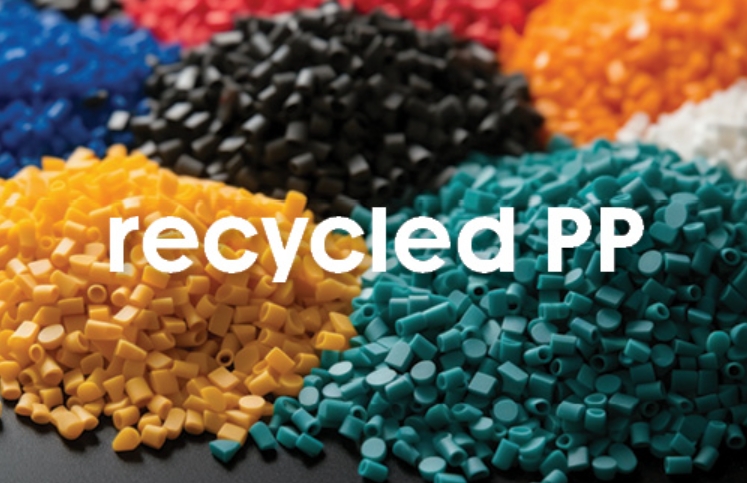Introduction to the new renewable environmental protection Material RPP (Recycle PP)
As the global demand for eco-friendly materials continues to rise, the importance of recycled PP cannot be overstated. This versatile polymer has found its way into numerous applications, ranging from packaging to automotive parts, thanks to its durability, versatility, and cost-effectiveness.
In this article, we will explore the various applications of recycled PP and delve into the latest developments in recycling technology. We will also address the challenges that come with recycling PP and discuss strategies for overcoming them. By the end, you will have a comprehensive understanding of the current landscape of recycled PP and its future outlook.
Recycled PP has become a vital component in the quest for a circular economy. With its ability to be reprocessed and reused, it offers a sustainable alternative to virgin plastic. The demand for recycled PP is driven by the growing awareness of the environmental impact of plastic waste and the need to reduce our reliance on fossil fuels.
In recent years, the applications of recycled PP have expanded significantly. From food packaging to consumer goods, recycled PP is proving its worth in various industries. Its high strength, chemical resistance, and thermal stability make it suitable for a wide range of applications. Moreover, advancements in recycling technology have made it possible to produce high-quality recycled PP that meets the stringent requirements of different industries.
However, the journey towards a fully sustainable PP recycling system is not without its challenges. Meeting government food safety standards for food-grade recycled resins is one of the biggest hurdles. Additionally, ensuring the consistency and quality of recycled PP can be a complex task. But with the advent of new technologies and innovative approaches, these challenges can be overcome.
In the following sections, we will explore the applications of recycled PP in more detail, highlighting its versatility and potential. We will also delve into the latest developments in recycling technology, including the use of additives and viscosity modifiers to enhance the properties of recycled PP. Furthermore, we will address the challenges associated with recycling PP and discuss strategies for mitigating them.
As we navigate the complexities of the recycling industry, it is crucial to stay informed about the latest advancements and opportunities. By embracing the potential of recycled PP, we can contribute to a more sustainable future and pave the way for a circular economy. So, let’s dive into the world of recycled PP applications, developments, and challenges, and discover the possibilities that lie ahead.
Post time: Mar-28-2024
